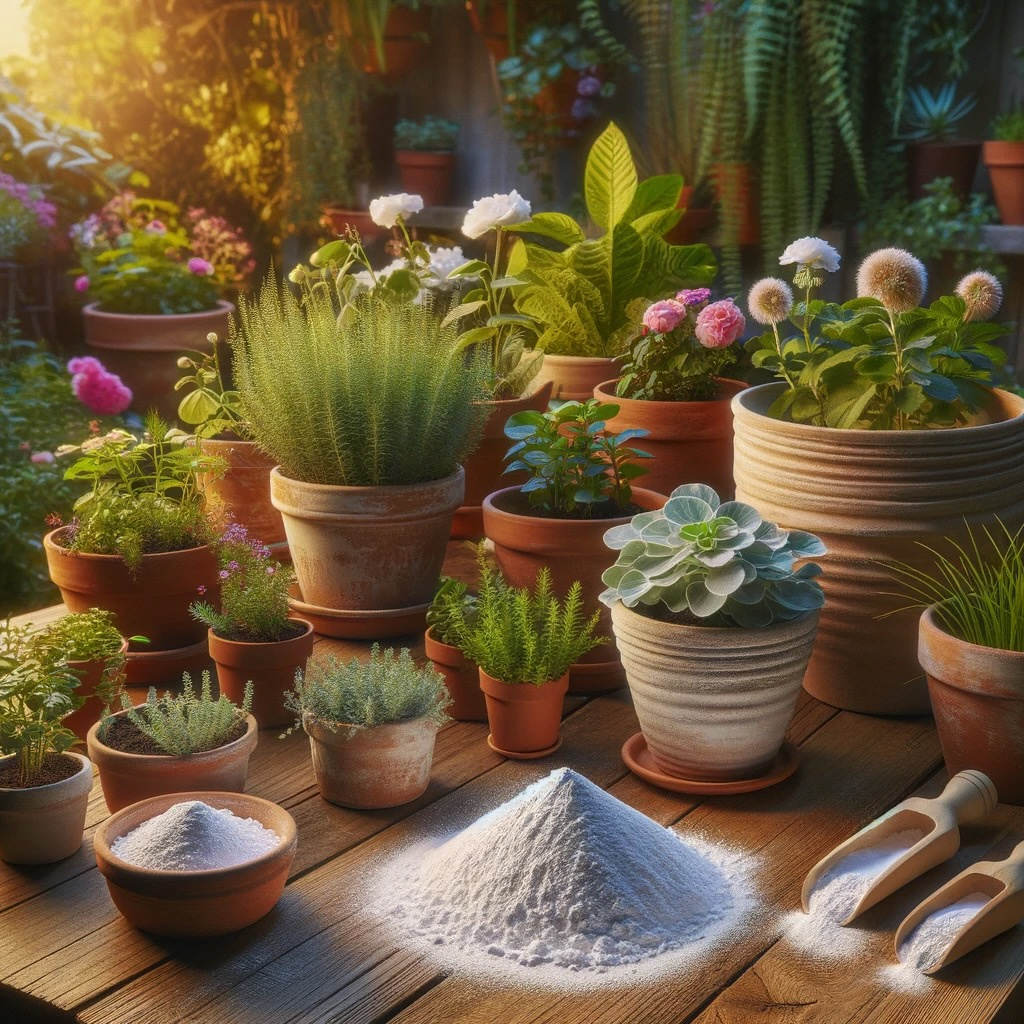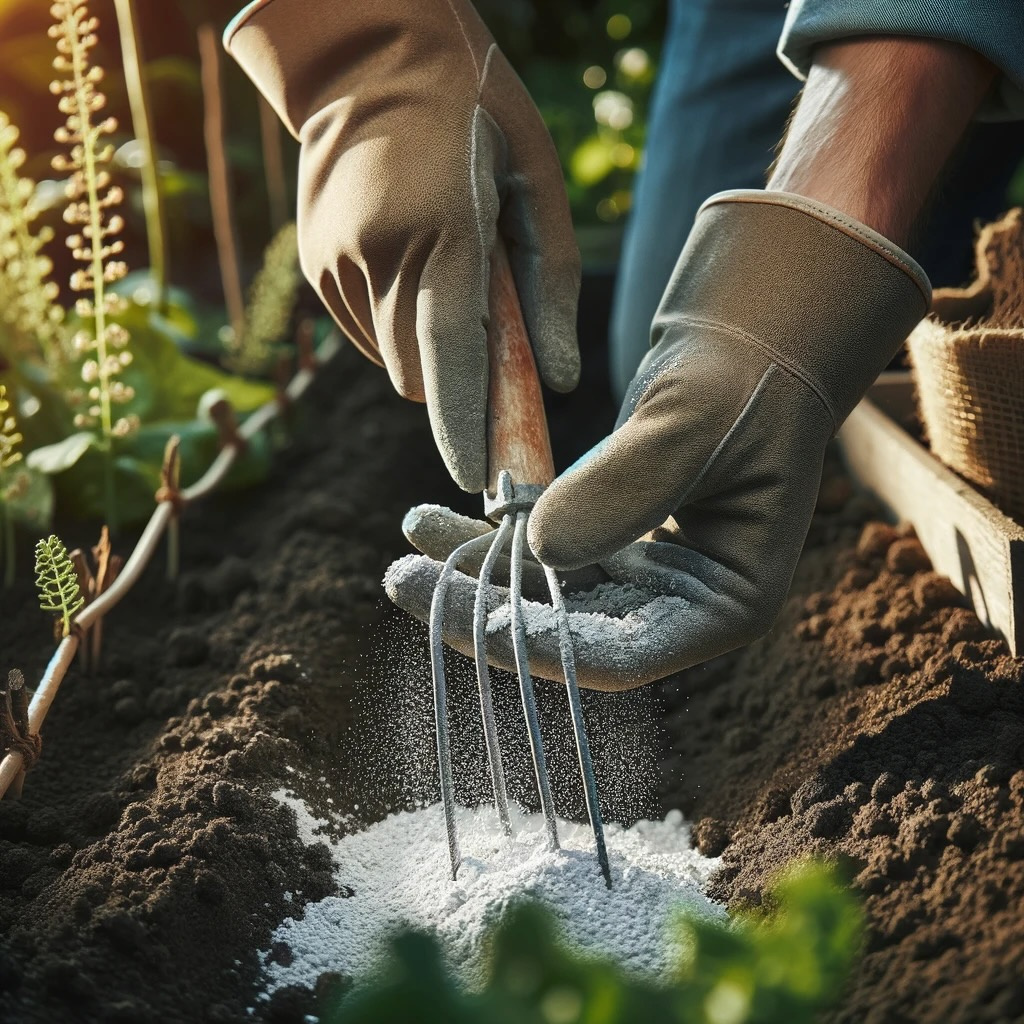

Gypsum, a soft sulfate mineral known as calcium sulfate dihydrate, has been used for centuries as a reliable soil amendment to improve soil structure, enhance water infiltration, and reclaim saline and sodic soils.
Its ability to provide essential nutrients and improve soil physical properties makes it a valuable tool for gardeners and farmers seeking to optimize plant health and soil condition.
This guide explores the numerous benefits of gypsum, its nutritional profile, practical application methods, compatibility with various plants and soil types, and its environmental sustainability.


The application of gypsum offers several advantages for soil health and plant growth:

Gypsum is an excellent source of calcium and sulfur, two nutrients vital for plant health.
Unlike lime, gypsum does not affect soil pH, making it suitable for use in a variety of soil types and conditions.

Incorporating gypsum into your gardening practice is simple and effective:

Gypsum is particularly beneficial for plants sensitive to soil salinity and those requiring high levels of calcium for optimal growth, such as tomatoes, carrots, and other root crops.
It's also effective in improving the growth of lawns and ornamental plants in compacted or clay soils.
Gypsum is versatile and can be used in various soil types, especially in sodic soils where excess sodium is a concern.

Gypsum is an environmentally friendly soil amendment. As a natural mineral, it is mined and processed with minimal environmental impact.
Its use in agriculture contributes to sustainable soil management by improving soil structure, reducing erosion, and helping reclaim saline and sodic soils.
Additionally, by providing essential nutrients in a natural form, gypsum reduces the need for synthetic fertilizers, promoting healthier ecosystems.

To get the most out of gypsum in your garden, keep these tips in mind:

Gypsum offers a straightforward and natural way to address common soil issues, from compaction to salinity, while providing essential nutrients to plants.
By integrating gypsum into your soil management practices, you can enjoy healthier plants and more productive gardens. We encourage you to check out our shop and try gypsum in your garden.